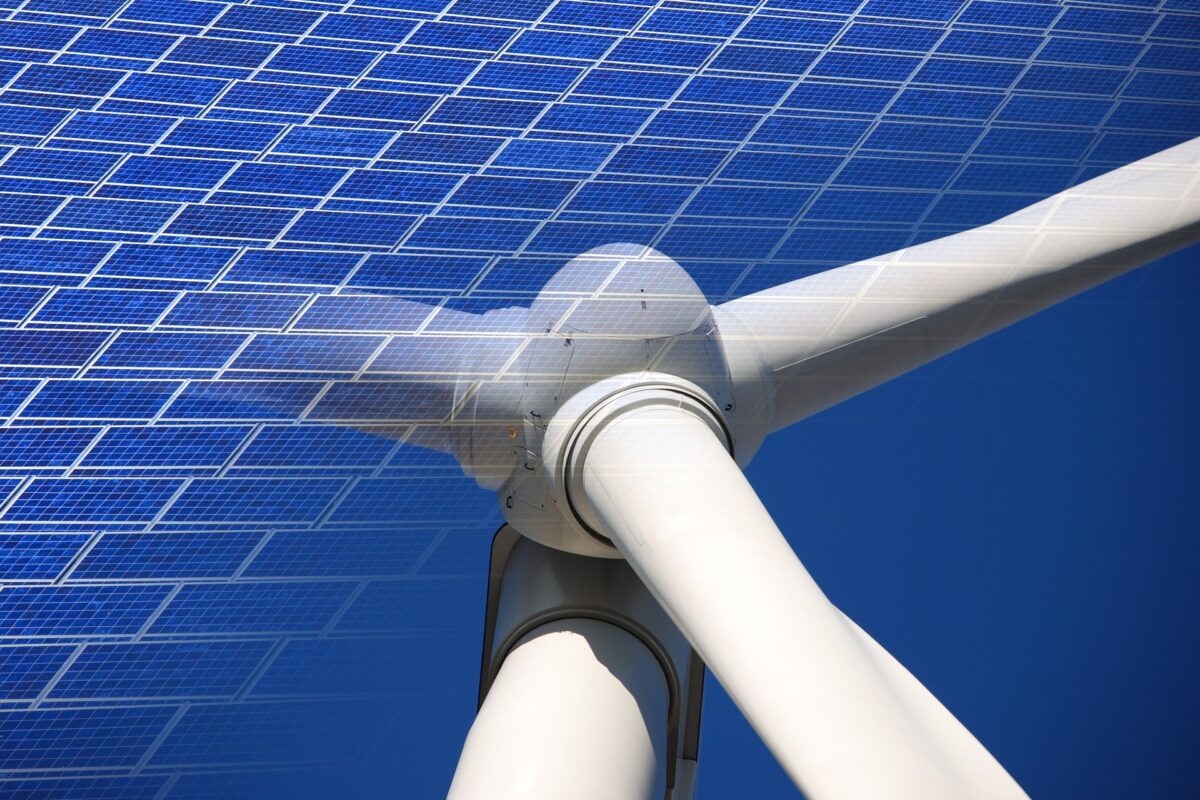pv magazine: Other books dealing with the Energiewende have taken a different approach. Why was it important for you and Craig to tell the story of the Energiewende from the perspective of citizen involvement and citizen ownership?
Arne Jungjohann: Due to our work over the last years we realized that the Energiewende got a lot of international attention, but for the wrong reasons. It was being portrayed either as a leader in deploying renewables, or as being on a lunatic track to shut down nuclear power perhaps to switch to coal.
What makes Germany’s story so unique is that it is citizens that are driving the Energiewende. It may be the only country in the world where this transition is being primarily driven not by corporate power, but by ordinary people.
Can you talk about the need to educate American readers on the Energiewende, and why you think there is so much misleading and inaccurate reporting on this movement in English?
I can only speculate on that, but my perception is that some part of the information is missing because of a cultural gap, because of the way that the German political system works, and that there are vested interests that make it look not as a role model for other countries to follow.
In the case of the Americans I can share my experience from a recent tour that I did on the U.S. East Coast. My sense is that many Americans are frustrated with their political system and the way that it works, but also that German citizens and activists fought for many, many years for their own power. It used to be that the German government dictated what would be built, until communities stood up against the state and said no.
This is very similar to what happens in the United States with issues like the Dakota Access Pipeline. These are very much bottom-up fights that are trying to change the dynamic of power. So my message to the American audience is to not give up, but stand up for your rights
Can you talk about your observations on how this transition is playing out differently in the United States as opposed to Western Europe?
The discourse on renewable energy in the United States is mostly on the national level, or from a very individual perspective, saying I want to put solar on my roof. We see in Germany many villages deciding to go 100% renewables, and working at a community level they are accomplishing this.
Once offered, many people are choosing to become members of an energy cooperative. It’s simple to do. For many making a modest profit and fighting climate change are a good enough motivation to join. However, surveys show that the number one reason people are joining a cooperative is because they want to support the creation of a stronger community and play an active role or at least take part in this process. This engagement is what brings the community together – and what is missing when a house owner in suburbia is putting up panels on their mansion.
Can you talk about the tension about different goals under the Energiewende – the desire for citizens to own their own power, the nuclear shutdown, and national carbon reduction targets?
The Energiewende grassroots movement started in the late 70’s. So it predates concerns about climate change and nuclear fallout from exploding reactors like Chernobyl. Today going nuclear-free and cutting emissions are both Energiewende goals.
There is some tension between these goals. However, the government has kept the ambition in its climate targets while setting a clear nuclear phaseout plan to be completed by 2022. This means the heat and transport industries will have to deliver stronger emission cuts. Meanwhile renewables are growing faster than nuclear is taken down. So the pressure is on hard coal.
What do you see for the future of the Energiewende in Germany and internationally, particularly in light of the rise of Center-Right parties?
I see that the global transition is in full swing, despite some possible policy steps backward. But given the economics the transition to renewables is unstoppable. At this point two questions emerge that require a political answer: first, can we ramp up renewables and close down coal fast enough to keep the impacts of climate change to an acceptable level? And second, will large corporations dominate this new energy world, or will citizens and communities have a say in it?
The views and opinions expressed in this article are the author’s own, and do not necessarily reflect those held by pv magazine.
This content is protected by copyright and may not be reused. If you want to cooperate with us and would like to reuse some of our content, please contact: editors@pv-magazine.com.



By submitting this form you agree to pv magazine using your data for the purposes of publishing your comment.
Your personal data will only be disclosed or otherwise transmitted to third parties for the purposes of spam filtering or if this is necessary for technical maintenance of the website. Any other transfer to third parties will not take place unless this is justified on the basis of applicable data protection regulations or if pv magazine is legally obliged to do so.
You may revoke this consent at any time with effect for the future, in which case your personal data will be deleted immediately. Otherwise, your data will be deleted if pv magazine has processed your request or the purpose of data storage is fulfilled.
Further information on data privacy can be found in our Data Protection Policy.